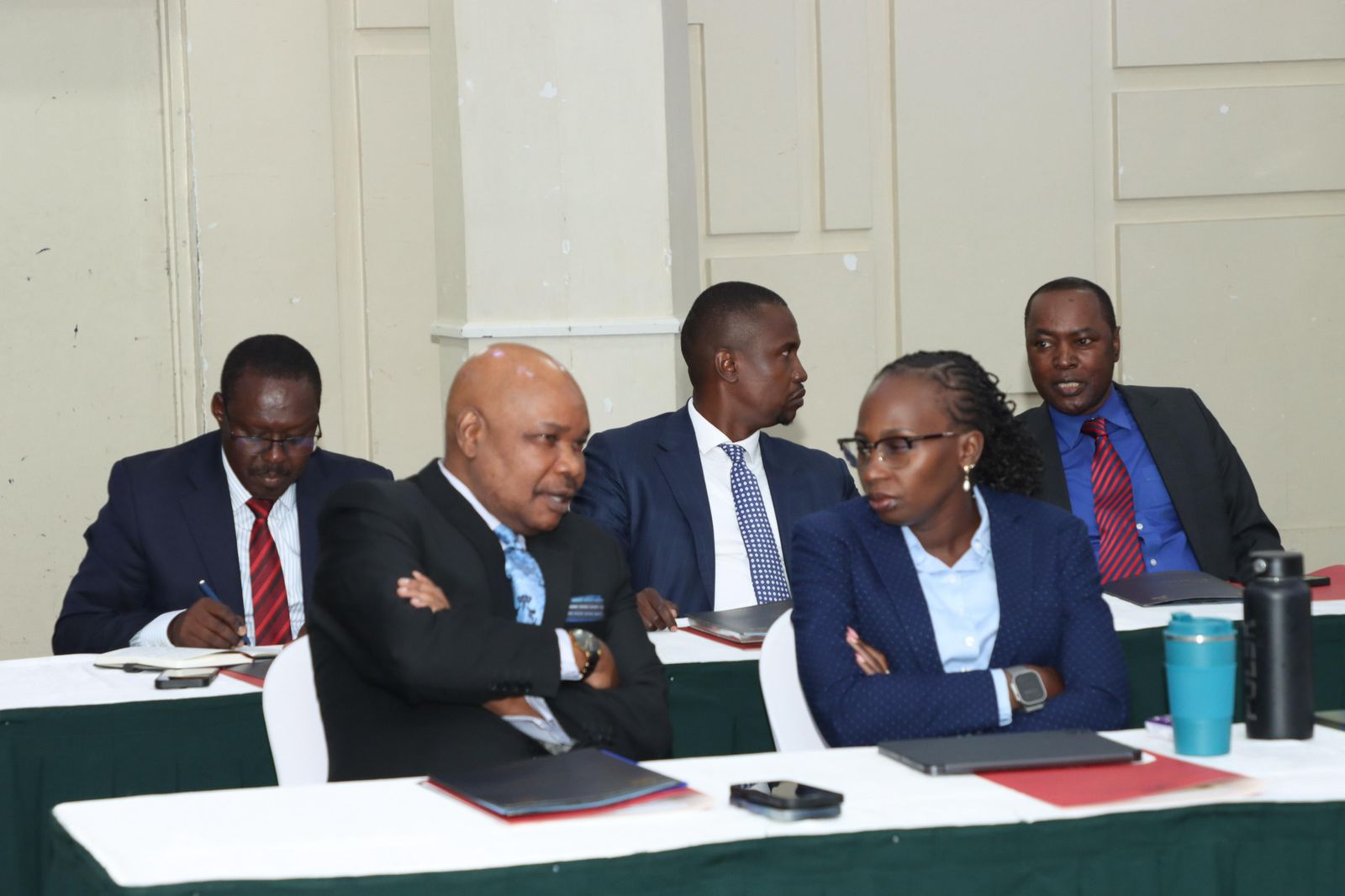A 14-member panel appointed by President William Ruto to oversee compensation for victims of demonstrations has moved to the Court of Appeal in a bid to overturn orders barring it from carrying out its work.
The team, chaired by legal scholar Makau Mutua and deputised by Law Society of Kenya President Faith Odhiambo, was stopped from operating by a ruling of Justice Kizito Magare of the Kerugoya High Court.
Other members of the panel include Amnesty International’s Irungu Houghton, former Solicitor General Kennedy Ogeto, Rev Kennedy Barasa, Linda Musumba, Dr John Olukuru, Dr Duncan Ojwang, Naini Lankas, Dr Francis Muraya, Pius Metto, Juliet Chepkemei, and Fatuma Abass. Richard Barno serves as the technical lead alongside Duncun Okela, with Jerusah Mwaathime and Raphael Ng’etich as joint secretaries.
Through secretary Mwaathime, the panel filed an appeal in Nyeri seeking to lift the orders, arguing that the petitioner Levi Munyeri misled the court and concealed critical information.
He pointed out that one of the petitioners, Dr Magare Gikenyi, is related to Justice Magare, creating what he termed a “perplexing situation.”
Mwaathime also accused Munyeri of engaging in forum shopping, noting that two similar cases had already been filed before the High Court in Milimani.
“The orders were irregularly obtained during recess in a matter that is sub judice, as two related petitions had already been filed before the High Court at Milimani,” he stated.
He added that Munyeri failed to disclose this to Justice Magare, leading to the issuance of orders that risk derailing the panel’s mandate.
“By suppressing the existence of the Milimani petitions, the Petitioner engaged in clear forum shopping by abandoning the Nairobi forum and seeking orders in Kerugoya during recess, contrary to the principles of fairness, candour, and good faith in judicial proceedings,” he said.
In his affidavit, Mwaathime warned that the ruling threatens to block a process meant to deliver long-awaited redress to victims of police brutality.
“The orders issued by Justice Magare would unjustly paralyze this unprecedented mandate, deny long-overdue justice to victims, and defeat the very purpose for which the Panel was constituted,” he said.
He further argued that conservatory orders cannot be used to invalidate actions already lawfully taken, and insisted that government acts carry a presumption of legality.
He also faulted the judge for issuing the orders without notifying parties in the petition.
“If not lifted, the orders will greatly prejudice the panel and victims, and undermine public interest in securing justice, accountability and redress,” he noted.
The panel maintained that no harm would befall the petitioners if the orders were set aside, while victims would continue to suffer if the stalemate persists.
But in his petition, Munyeri insisted the President acted outside the law by creating the panel without parliamentary approval.
He argued that only Parliament has the authority to allocate funds for compensation and questioned the source and accountability of the money to be paid out.
He further claimed that the panel’s work intrudes on the mandate of the Kenya National Commission on Human Rights (KNCHR), which he said is constitutionally empowered to verify victims and oversee redress processes.
“Allowing the Executive to bypass or displace the Commission’s functions by creating temporary bodies would defeat the purpose of constitutional entrenchment, because it would permit erosion of the Commission’s independence, fragment institutional responsibility and risk arbitrary outcomes,” he argued.
The appeal will be heard at the Court of Appeal in Nyeri on September 29, 2025.

